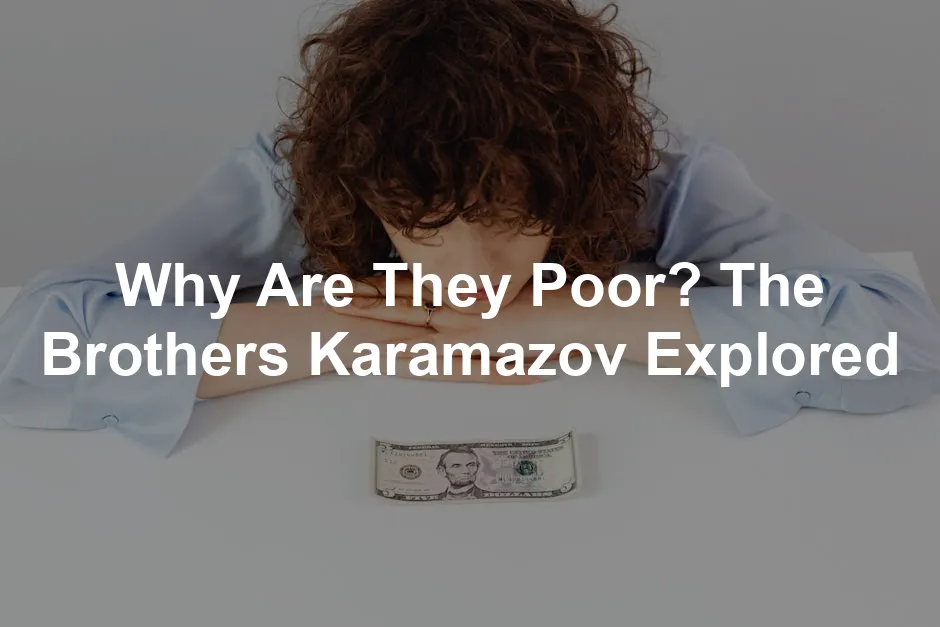
Why Are They Poor? The Brothers Karamazov Explored
Introduction
Fyodor Dostoevsky’s The Brothers Karamazov stands as a monumental work, intricately weaving themes of poverty, morality, and the tangled web of human relationships. Set against the backdrop of 19th-century Russia, the novel serves as a mirror reflecting not only the struggles of the Karamazov brothers but also the broader societal issues of wealth and destitution. Picture this: three brothers battling their own demons, while their father, Fyodor Pavlovich, is off gallivanting in a whirlwind of debauchery. You might say poverty runs deeper than their empty pockets! If you’re intrigued by Dostoevsky’s work, consider diving into the pages of The Brothers Karamazov (Paperback). It’s a classic!
As we navigate through the complex lives of Dmitri, Ivan, and Alyosha, we’ll uncover how their financial struggles are intertwined with their moral choices and emotional turmoil. Why are they poor? Is it merely a matter of finances, or does it reflect deeper existential crises? This article will shed light on the reasons behind their destitution and delve into the philosophical implications of their circumstances. Spoiler alert: it’s not just about the money!
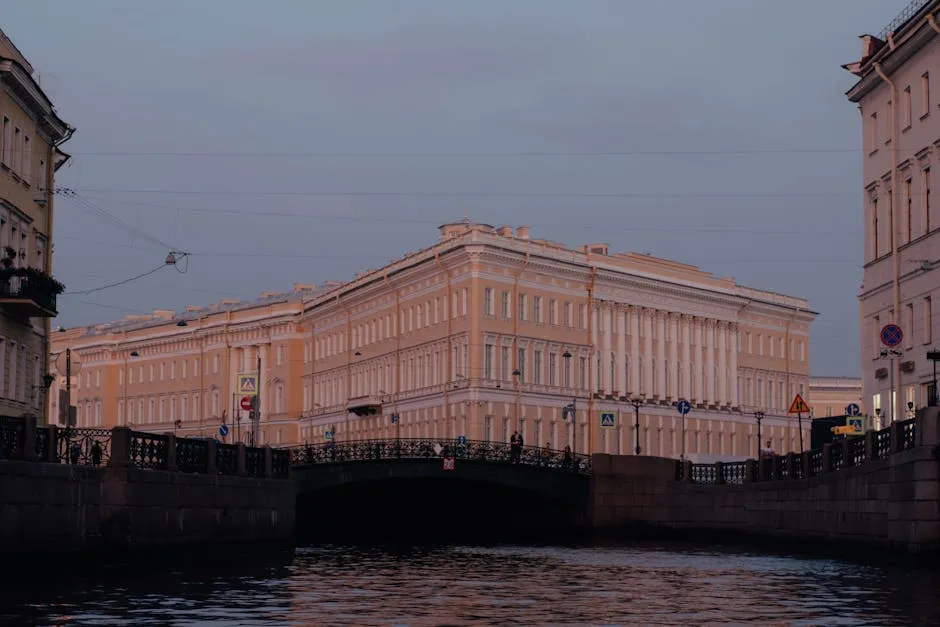
Thematic Exploration of Poverty
Key Themes in The Brothers Karamazov
In The Brothers Karamazov, poverty is not just a backdrop; it’s a character itself. For the Karamazov brothers, financial struggles manifest in unique ways. Dmitri, the eldest, embodies the reckless pursuit of pleasure. His wild escapades lead him to squander whatever wealth he might have. Picture him at a lavish party, champagne flowing, and debts piling up like dirty dishes. Dmitri’s inability to manage money reflects his internal chaos. This reckless abandon ultimately spirals into financial ruin, showcasing how desire can blind one to reality. If you’re interested in exploring Dostoevsky’s works further, check out Crime and Punishment (Paperback)—another gem!
Then we have Ivan, the intellectual middle brother. Ivan’s relationship with poverty is a cerebral one. He wrestles with profound questions about society’s indifference to the poor. His philosophical musings often highlight the cruel realities faced by the destitute. As he walks through the streets, he contemplates the suffering around him. Ivan’s crisis is rooted in the existential dread of knowing that while he can articulate the injustices of life, he feels powerless to change them. It’s like having a map to a destination but no means to get there. If you want to dive deeper into Dostoevsky’s philosophy, consider reading Dostoevsky: A Writer in His Time (Paperback).
Alyosha, the youngest brother, contrasts sharply with his older siblings. He possesses a compassionate understanding of poverty. Alyosha seeks to alleviate the suffering of others, often stepping into the role of a moral beacon. His heart aches for the less fortunate, and he actively tries to help. Whether it’s through small acts of kindness or larger gestures, Alyosha represents the hope that empathy can offer. He embodies the idea that true wealth lies not in material possessions, but in the richness of human connection. If you want to capture the essence of kindness, consider a Bookmarks: A Book Lover’s Journal (Notebook) to jot down your thoughts!
Together, the brothers illustrate a spectrum of responses to poverty. Dmitri’s recklessness, Ivan’s intellectual despair, and Alyosha’s compassion form a compelling narrative about how poverty shapes identity and morality. Dostoevsky uses their experiences to comment on the broader societal issues of wealth and destitution, making readers ponder their own relationship with these themes.
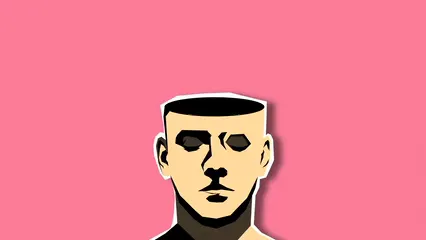
The exploration of poverty in Dostoevsky’s work prompts readers to consider the deeper implications of financial struggles and morality. why are they poor the brothers karamazov
Moral and Ethical Dilemmas
Poverty in The Brothers Karamazov brings forth profound moral implications for each brother. Dmitri finds himself torn between desire and moral responsibility. His passionate nature clashes with the consequences of his actions. As he grapples with guilt over his choices, he embodies the struggle between hedonism and ethics. It’s a classic case of wanting to have his cake and eat it too, but the cake is always stale and moldy. Dmitri’s internal conflict highlights how poverty can complicate moral choices, pushing individuals to engage in questionable behavior. If you’re exploring ethical dilemmas, check out The Philosophy of Dostoevsky (Paperback).
In contrast, Ivan’s philosophical rejection of God’s justice is directly tied to the suffering he witnesses. His atheism stems from witnessing the plight of the poor and oppressed. Ivan’s famous argument against the existence of a benevolent deity reflects a deep-seated frustration with a world that allows suffering to persist. He presents a compelling case that leaves many readers questioning their beliefs. Ivan’s struggle is not just about faith; it’s about the very essence of morality in a world riddled with injustice. His existential crisis becomes a haunting reminder that poverty isn’t just a condition—it’s a moral quandary.
Alyosha’s character adds a layer of complexity to these dilemmas. He strives to maintain his faith amidst societal decay. As he witnesses the struggles of those around him, he grapples with his own beliefs. Alyosha’s journey is about finding hope in a world that often seems devoid of it. His compassion becomes a form of resistance against the moral decay surrounding him. While his brothers spiral into despair, Alyosha stands as a testament to the belief that even in the face of adversity, one can choose kindness and love over bitterness. If you want to keep the spirit of kindness alive, consider a Literary-themed Candle (Home Fragrance) to brighten your space.
Together, the brothers’ experiences illustrate the profound moral implications of poverty. Each character navigates their dilemmas in unique ways, reflecting the complexity of human experience. Dostoevsky masterfully intertwines their stories, prompting readers to reflect on their own ethical responsibilities towards those less fortunate. In the end, poverty is not only a societal issue but a deeply personal one, challenging each character to confront their values and beliefs.
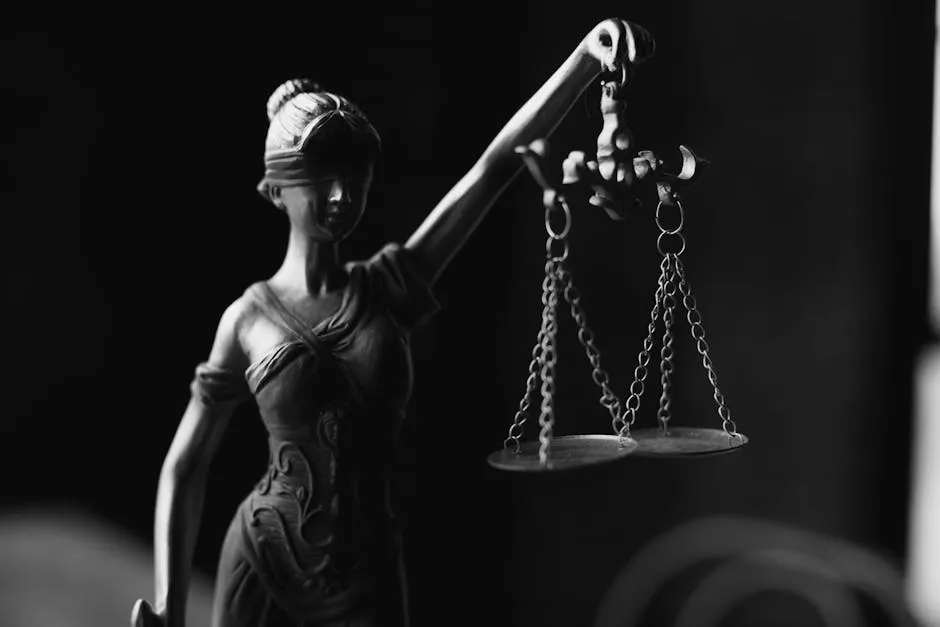
Character Analysis of the Karamazov Brothers
Dmitri Karamazov
Dmitri Karamazov, or Mitya as he’s affectionately called, embodies the essence of impulsiveness. His character is a whirlwind of passion, desire, and chaos. Dmitri’s relationship with money reveals his reckless nature. He often spends lavishly, chasing pleasure like a dog chasing its tail. This impulsive behavior stems from his deep-seated need for validation and love, often seeking escape from his tumultuous family dynamics.
Mitya’s motivations are rooted in his desire to prove himself, not just to others but also to himself. His rivalry with his father, Fyodor Pavlovich, over inheritance and the affections of women leads him to make questionable financial decisions. Picture him at a lavish gathering, throwing money around like confetti while debts mount in the background. This reckless pursuit of pleasure contributes directly to his financial downfall. If you want to explore more about the Karamazov brothers, check out The Karamazov Brothers (Penguin Classics).
Dmitri’s actions reveal a pattern: he craves immediate gratification, often neglecting long-term consequences. His passionate nature blinds him to the reality that his financial decisions have dire repercussions. It’s as if he’s playing a high-stakes game of poker, bluffing his way through life. Each loss pushes him further into the depths of despair, showcasing how his impulsivity drives him toward poverty.
Ultimately, Dmitri’s journey highlights the destructive nature of unchecked desires. His financial ruin is not solely a consequence of poor money management but also a reflection of his internal struggles. He battles between the need for love and the chaos he creates. This tragic combination paints a vivid picture of how impulsive behavior can lead to a spiral of poverty, both financially and emotionally.

Ivan Karamazov
Ivan Karamazov presents a stark contrast to his brother Dmitri. He’s the intellectual heavyweight of the family, grappling with existential questions that weigh heavily on his soul. Ivan’s intellectual pursuits often lead him to critique societal norms, particularly concerning morality and the existence of God. His famous declaration, “If God exists, how can He allow suffering?” encapsulates his struggle.
This intellectualism becomes a double-edged sword. While Ivan questions the fabric of morality, he finds himself paralyzed by his thoughts. This paralysis reflects a deeper moral crisis, as he becomes increasingly detached from the world around him. His critique of societal indifference towards the poor highlights his internal conflict. He acknowledges the suffering of others, yet feels powerless to change it, much like a spectator in a tragic play. If you’re intrigued by Ivan’s philosophical dilemmas, consider reading Russian Literature: A Very Short Introduction (Paperback).
Ivan’s struggles reveal a profound moral paralysis. He’s caught in a web of doubt and skepticism, unable to act upon his beliefs. This detachment extends to his relationships, creating a chasm between him and his brothers. As he critiques the world, he grows more isolated, reflecting how intellectualism can sometimes lead to emotional poverty. His existential dread becomes a prison, trapping him in a cycle of despair.
In the end, Ivan’s character serves as a cautionary tale about the dangers of intellectualism divorced from action. His critique of societal norms becomes a source of anguish rather than empowerment. Through Ivan, Dostoevsky invites readers to ponder the balance between thought and action, and the consequences of allowing doubt to overshadow compassion.
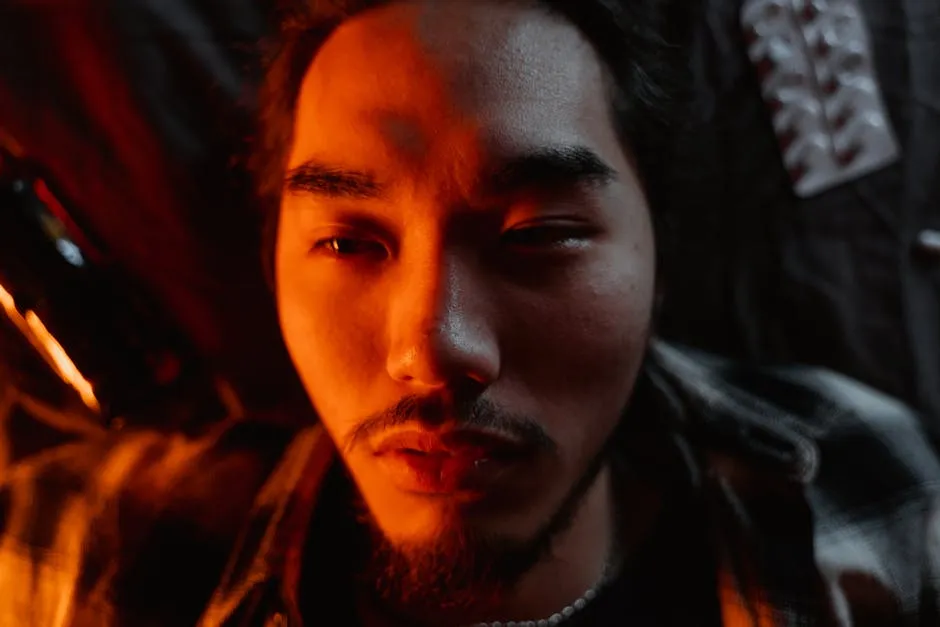
Alyosha Karamazov
Alyosha Karamazov stands as the beacon of hope among his brothers. The youngest sibling embodies compassion and faith, striving to maintain his moral integrity amidst the chaos surrounding him. Unlike Dmitri and Ivan, Alyosha’s approach to life is rooted in love and understanding. He seeks to connect with others, often acting as a mediator in his family’s conflicts.
Alyosha’s role is pivotal, as he counteracts the despair of his brothers. His compassionate nature shines through his actions, whether it’s helping a struggling friend or comforting a grieving soul. He embodies the idea that true wealth lies not in material possessions but in the richness of human connection. Through his kindness, he illustrates the transformative power of love. If you’re looking for a cozy reading experience, a Cozy Blanket for Reading Nooks (Home Goods) could be perfect for you!
Moreover, Alyosha’s faith serves as a guiding light in the narrative. While his brothers grapple with doubt and despair, he remains steadfast in his beliefs. He seeks to understand the suffering around him, often looking for ways to alleviate it. This unwavering faith becomes a source of strength, allowing him to navigate the moral complexities of his family’s turmoil.
In essence, Alyosha represents the potential for redemption in a world filled with suffering. His character highlights the importance of empathy and compassion in overcoming adversity. While his brothers spiral into despair, Alyosha stands as a testament to the belief that love can triumph over darkness. Through him, Dostoevsky offers a glimmer of hope amidst the struggles of the Karamazov family, reminding readers that compassion is a powerful antidote to despair.
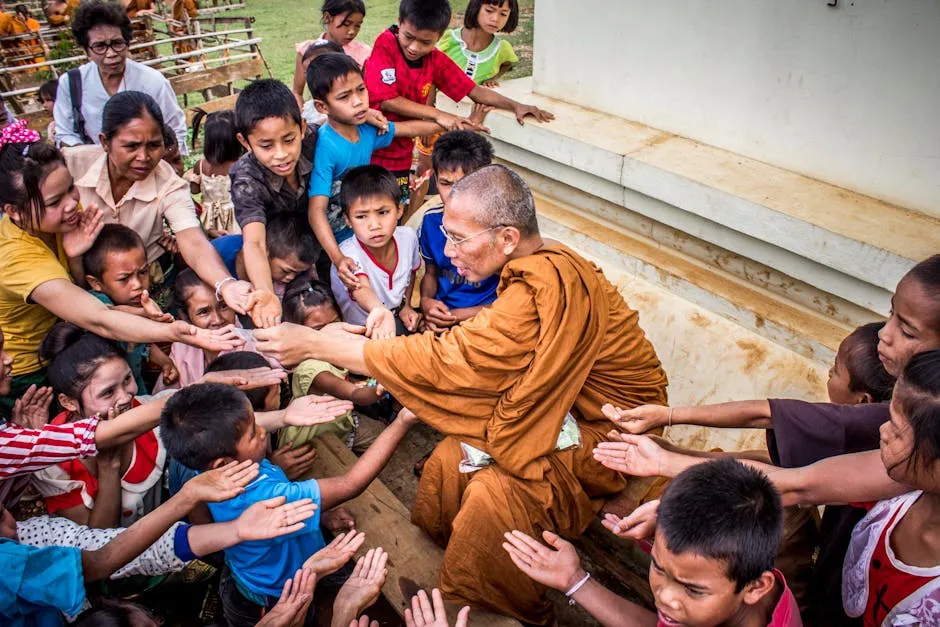
The Role of Family Dynamics
Influence of Fyodor Pavlovich Karamazov
Fyodor Pavlovich Karamazov, the patriarch of the Karamazov family, is often described as a morally bankrupt figure. His neglect and selfishness create a toxic environment for his sons, leading to their struggles with poverty. Imagine a father who prioritizes his indulgence over the emotional needs of his children—sounds like a recipe for disaster, right? Fyodor’s behavior not only neglects his responsibilities as a parent but also fosters deep-seated conflict among his sons.
Dmitri, the eldest, is particularly affected by his father’s callousness. His passionate nature often leads him to act recklessly, chasing after pleasures that ultimately leave him financially destitute. Dmitri’s relationship with Fyodor is fraught with rivalry and resentment. Their constant conflicts revolve around love, honor, and money, which drive Dmitri to make impulsive decisions that exacerbate his financial woes. Picture Dmitri, caught in a whirlwind of emotions, throwing money around like confetti at a party, only to find himself penniless the next day. If you’re interested in the darker sides of familial relationships, consider reading Dostoevsky: The Authoritative Texts (Hardcover).
Ivan, the intellectual middle brother, grapples with the moral decay he sees in his father. His relationship with Fyodor is marked by disdain and philosophical questioning. Ivan’s skepticism about morality and faith stems from witnessing his father’s debauchery. This distaste creates a rift between him and his family, leaving Ivan feeling emotionally impoverished. He often contemplates the implications of Fyodor’s actions and their effects on society. Ivan’s dilemma reflects a broader critique of a society that allows such moral decay.
Alyosha, the youngest brother, contrasts sharply with his siblings. His compassionate nature makes him yearn for a familial bond that is elusive due to Fyodor’s neglect. Alyosha tries to bridge the gap between his brothers, often attempting to mediate their conflicts. His kindness highlights the emotional poverty that permeates the Karamazov household. Unfortunately, his efforts are often met with resistance, as the tumultuous family dynamics overshadow his attempts at reconciliation. If you’re looking for a way to express your love for literature, a Bookish Tote Bag (Accessories) might be just what you need!
The Karamazov family is a vivid illustration of how neglect can ripple through generations, leading to emotional and financial ruin. Fyodor’s moral failures create an environment where his sons cannot thrive. Instead of support and guidance, they receive scorn and competition, shaping their views on wealth and poverty. In this chaotic household, the brothers’ struggles symbolize the broader societal issues of 19th-century Russia, reflecting deep-rooted themes of despair and disconnection.

Brotherhood and Rivalry
The relationships among the Karamazov brothers are complex, characterized by both camaraderie and fierce rivalry. Dmitri, Ivan, and Alyosha find themselves in a constant struggle for parental approval, a quest that influences their perspectives on wealth and poverty. Dmitri’s passionate nature often puts him at odds with Ivan, leading to a rivalry that turns personal and costly. This competition for their father’s affection creates tensions that ultimately shape their destinies.
Dmitri’s impulsive behavior is driven by his need to prove himself, both to his father and to his brothers. He yearns for validation but often misinterprets it as a need for wealth and status. This desire leads him to make reckless financial decisions, spiraling into poverty. The competition for love and recognition blinds him to the consequences of his actions. It’s like a race where the finish line keeps moving further away—frustrating, right? If you’re curious about how this rivalry plays out, take a look at The Complete Works of Fyodor Dostoevsky (Hardcover).
Ivan, on the other hand, approaches this rivalry with a more cerebral mindset. He critiques the very idea of wealth, viewing it through a philosophical lens. His disdain for societal norms fuels his conflict with Dmitri, leading to a profound emotional schism. Ivan’s intellectualism often leaves him feeling isolated, as he struggles to connect with his brothers on an emotional level. In his eyes, the pursuit of wealth is futile, a sentiment that further complicates his relationships.
Alyosha, the peacemaker, attempts to navigate this tumultuous landscape with compassion. He hopes to foster harmony among his brothers, but his efforts are often thwarted by the prevailing hostility. Alyosha’s desire for unity and understanding clashes with the rivalry that dominates their interactions. His role in the family highlights the potential for love and connection, even in the face of adversity. He symbolizes hope, striving to mend the wounds inflicted by their father’s neglect.
The dynamics between the Karamazov brothers illustrate how rivalry can distort relationships and contribute to poverty. Their competition for parental approval creates a cycle of emotional deprivation that echoes through their lives. In the end, the brothers’ struggles reveal profound truths about the nature of wealth, love, and the impact of family dynamics. Dostoevsky masterfully weaves these themes, prompting readers to reflect on the importance of connection and compassion in overcoming life’s challenges.
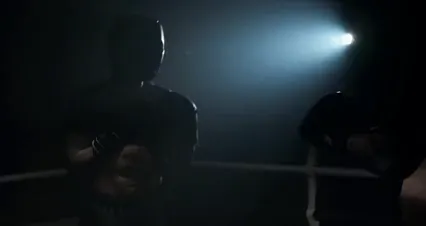
Conclusion
In The Brothers Karamazov, poverty is a profound theme, intricately woven into the lives of the Karamazov family. Dostoevsky presents the financial struggles of Dmitri, Ivan, and Alyosha as reflections of deeper moral and existential dilemmas. Their father, Fyodor Pavlovich, embodies neglect and corruption, creating a toxic environment that directly influences their paths.
Dmitri’s reckless pursuit of pleasure leads him to financial ruin, showcasing how desire can cloud judgment. He often finds himself caught in a whirlwind of emotions, unable to escape the consequences of his actions. Ivan, the skeptical intellectual, grapples with profound questions about God and morality. His despair over societal indifference toward the poor drives him into a philosophical crisis, where he questions the very fabric of existence. Meanwhile, Alyosha represents compassion and hope, striving to alleviate the suffering of others despite the chaos surrounding him.
Dostoevsky uses the Karamazov family to probe the complexities of human suffering, morality, and faith. Their poverty is not merely a financial condition but a reflection of their emotional and spiritual struggles. The author invites readers to reflect on the implications of poverty, urging them to confront their own ethical responsibilities toward those less fortunate.
In today’s world, the themes explored in The Brothers Karamazov remain strikingly relevant. As society grapples with issues of inequality and moral decay, Dostoevsky’s insights challenge us to consider how we can foster compassion and understanding. The Karamazov brothers remind us that in confronting adversity, we must choose empathy over indifference, encouraging us to act in the service of others. Ultimately, the novel serves as a timeless reminder of the importance of kindness, love, and moral integrity in the face of suffering.
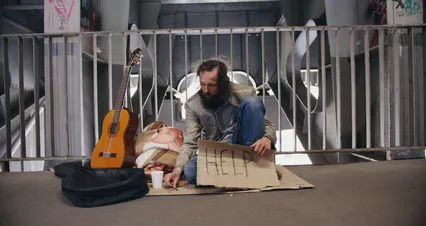
What is the primary reason for the Karamazov family’s poverty?
Fyodor Pavlovich’s neglect and moral corruption lead to financial mismanagement. His selfish behavior creates a toxic environment for his sons, pushing them into poverty. The brothers grapple with the emotional fallout of their father’s actions, which exacerbate their financial struggles.
How do the brothers respond to their poverty?
Dmitri responds with recklessness, seeking wealth through impulsive means. His struggles with desire often lead to poor choices. Ivan, plagued by despair, questions the morality of a world that allows suffering. Alyosha embodies compassion, striving to help others and maintain faith in humanity despite their dire circumstances.
What role does social class play in the novel?
Social class highlights disparities between the wealthy and the poor, shaping the brothers’ interactions. Dmitri’s financial struggles contrast sharply with Ivan’s intellectual pursuits, emphasizing the moral implications of their socio-economic realities. These dynamics influence their relationships and decisions throughout the narrative.
How does Dostoevsky use poverty to explore moral questions?
Poverty serves as a catalyst for examining the characters’ ethical responsibilities. Dmitri’s internal conflict illustrates the weight of desire versus moral obligation. Ivan’s rejection of divine justice raises questions about suffering and free will. Dostoevsky challenges readers to confront the moral implications of their own actions in relation to the poor.
In what ways does the novel reflect on human nature?
The Karamazov brothers’ struggles reveal deeper truths about humanity. Their responses to poverty highlight the complexity of moral choices, illustrating how external circumstances shape internal conflicts. Dostoevsky invites readers to reflect on their own ethical responsibilities, encouraging a deeper understanding of compassion and empathy in human relationships.
Please let us know what you think about our content by leaving a comment down below!
Thank you for reading till here 🙂
All images from Pexels




